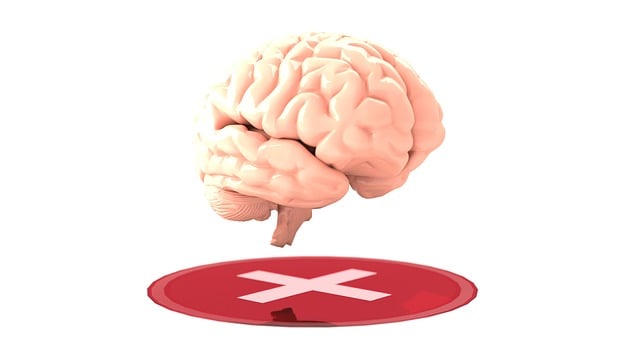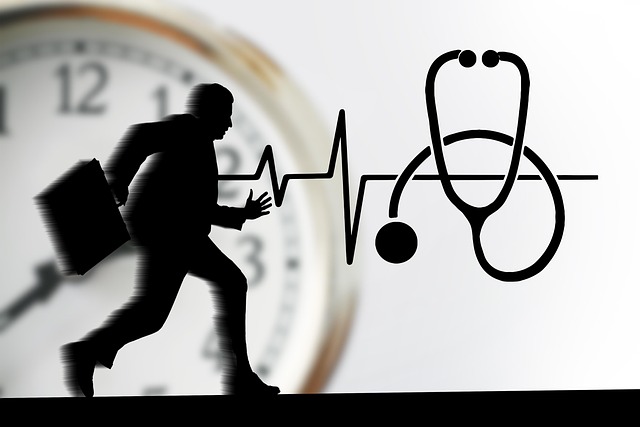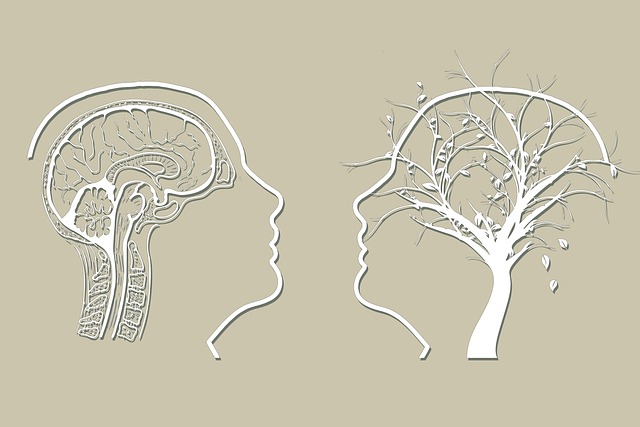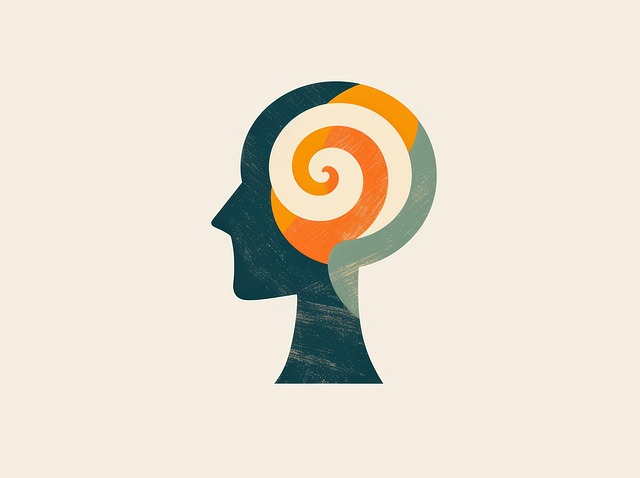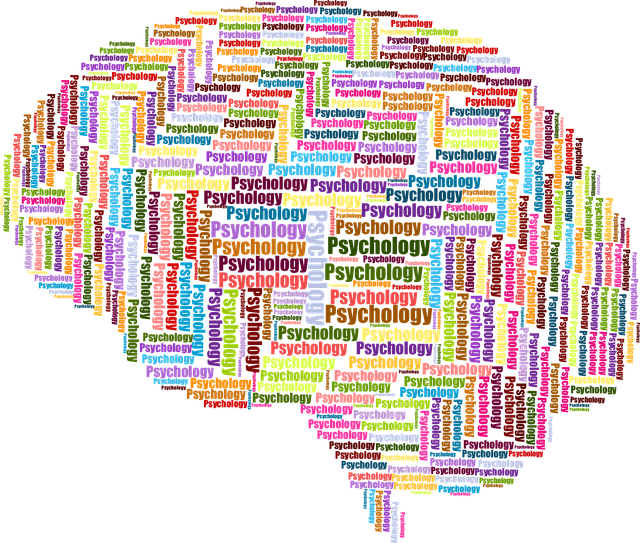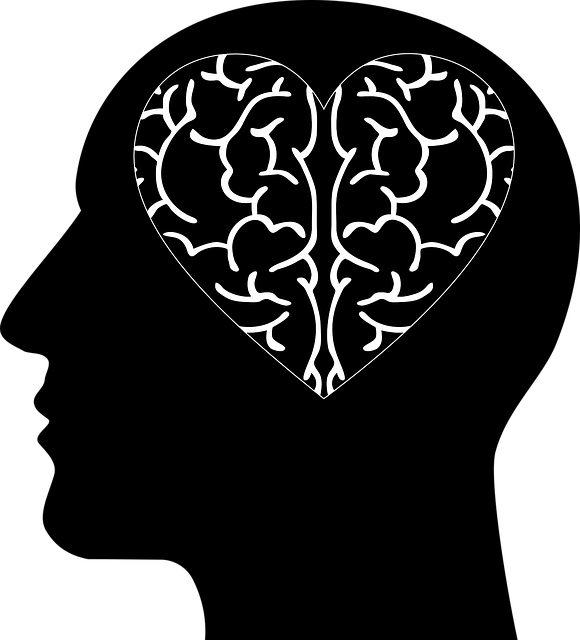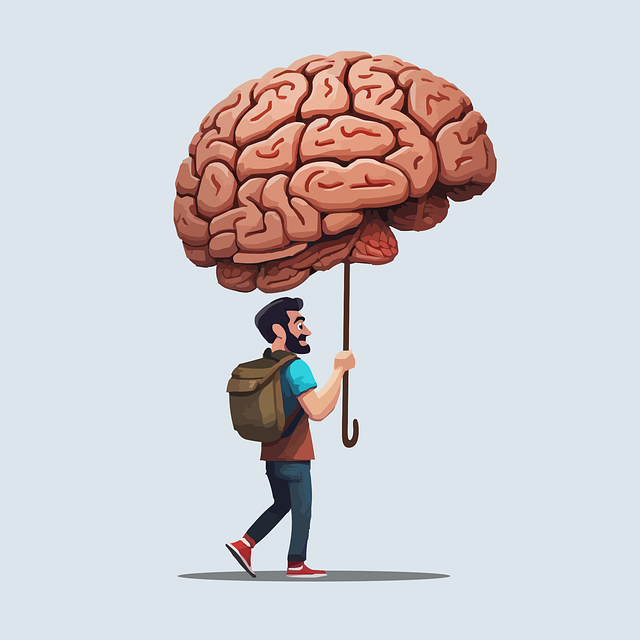Diagnosing mental illness in Boulder's diverse population is challenging due to overlapping symptoms and fluctuating mental health states. Accurate diagnoses require continuous education for healthcare providers, innovative approaches like digital interventions, and open conversations about mental health. Boulder has pioneered improvements through comprehensive evaluations, advanced therapy models (e.g., CBT, mindfulness), group therapy, and community outreach programs. Effective communication, collaboration among diverse providers, and technology integration enhance diagnosis accuracy and personalized treatment plans, ultimately improving patient outcomes.
Mental illness diagnosis accuracy is a critical aspect of patient care. This article explores efforts to improve diagnostic precision, focusing on challenges in mental health assessments. We delve into strategies such as comprehensive evaluations, advanced therapy techniques, enhanced interprofessional communication, and the role of technology and data analysis. By understanding these approaches, including Boulder Mental Health Evaluations and Therapy methods, healthcare professionals can strive for more accurate diagnoses and better patient outcomes.
- Understanding the Challenges of Mental Illness Diagnosis
- The Role of Comprehensive Evaluations in Improving Accuracy
- Integrating Advanced Therapy Techniques for Better Outcomes
- Enhancing Communication and Collaboration Among Healthcare Professionals
- Utilization of Technology and Data Analysis for Accurate Diagnosis
Understanding the Challenges of Mental Illness Diagnosis

Diagnosing mental illness accurately can be a complex and multifaceted challenge, especially in a bustling environment like Boulder where diverse populations seek mental health evaluations and therapy. The complexity arises from several interrelated factors. Firstly, mental health symptoms often overlap, making it difficult to differentiate between conditions. For instance, anxiety and depression share numerous commonalities, complicating the diagnostic process. Secondly, many individuals struggle with internalizing their struggles, which can lead to delayed or missed diagnoses during initial assessments. This is particularly true for at-risk youth where social skills training might be more effective in identifying underlying issues early on, preventing escalation into more severe conditions like depression prevention.
Moreover, the dynamic nature of mental health means symptoms can fluctuate over time, affecting diagnostic accuracy. Crisis intervention guidance becomes crucial when acute episodes arise, as they may mask underlying chronic conditions. In a city like Boulder with a diverse population and varied access to mental health services, ensuring equitable diagnosis and treatment is paramount. This involves continuous education for healthcare providers, adopting innovative approaches like digital interventions, and fostering open conversations about mental health to reduce stigma, thereby encouraging more individuals to seek help when needed.
The Role of Comprehensive Evaluations in Improving Accuracy

Comprehensive evaluations are pivotal in enhancing the accuracy of mental illness diagnoses. These detailed assessments go beyond surface-level symptoms to uncover underlying causes and complexities. By incorporating a range of techniques, such as clinical interviews, psychological tests, and sometimes medical imaging, professionals gain a holistic understanding of an individual’s mental health landscape. This approach ensures that diagnoses are not only precise but also tailored to the unique needs of each patient.
In Boulder, for instance, mental health evaluations have been significantly improved through innovative therapy models and community outreach programs. These initiatives focus on promoting mental wellness by providing accessible resources and stress reduction methods. By educating both patients and healthcare providers, these programs aim to dispel stigma and foster an environment where accurate diagnoses can be made more readily. This comprehensive approach not only improves diagnosis accuracy but also enhances patient outcomes and overall community resilience.
Integrating Advanced Therapy Techniques for Better Outcomes

In the pursuit of enhancing mental health evaluation accuracy, healthcare professionals in Boulder are increasingly integrating advanced therapy techniques to achieve better patient outcomes. These innovative approaches, tailored to individual needs, go beyond traditional methods by focusing on both emotional well-being promotion techniques and inner strength development. By combining evidence-based practices with cutting-edge strategies, therapists aim to improve diagnostic precision while fostering robust emotional regulation skills in their clients.
One notable technique gaining traction is the incorporation of mindfulness exercises and cognitive behavioral therapy (CBT). These powerful tools equip individuals with effective coping mechanisms, enabling them to manage symptoms more proactively. Additionally, group therapy sessions facilitate a sense of community and shared experiences, enhancing social connections and accelerating recovery journeys. Through these comprehensive approaches, Boulder mental health evaluations are not just becoming more accurate but also transformative, empowering clients to reclaim their emotional balance and overall well-being.
Enhancing Communication and Collaboration Among Healthcare Professionals

Effective communication is a cornerstone in enhancing mental illness diagnosis accuracy. When healthcare professionals in Boulder Mental Health Evaluations and Therapy engage in open dialogue, they can better understand patients’ experiences, concerns, and symptoms. This collaborative approach involves active listening, clear explanations of assessment tools and findings, and addressing any misconceptions or fears that may arise. By fostering an environment where patients feel heard and understood, clinicians reduce the chances of misdiagnosis and promote trust.
Collaboration among diverse healthcare providers is another vital strategy. Integrating services from psychiatrists, psychologists, social workers, and nurses ensures a holistic view of patient needs. Sharing insights, utilizing specialized knowledge, and employing evidence-based practices like Conflict Resolution Techniques, Compassion Cultivation Practices, and Cultural Competency Training improve diagnostic accuracy. This team approach benefits patients by offering tailored interventions and fostering better outcomes in Boulder Mental Health Evaluations and Therapy settings.
Utilization of Technology and Data Analysis for Accurate Diagnosis

The integration of technology into mental health care has opened doors to more accurate diagnoses and personalized treatments in Boulder Mental Health Evaluations Therapy. Advanced data analysis tools enable healthcare professionals to gain deeper insights from patient records, behaviors, and self-reported symptoms. This innovative approach goes beyond traditional methods by identifying subtle patterns and correlations that may be overlooked during manual assessments.
By leveraging technology, therapists can now access a comprehensive view of a patient’s mental health journey, including trends over time. This allows for more precise diagnoses, tailored coping skills development, and effective stress management workshops organized within the therapeutic framework. The use of data-driven insights ensures that treatment plans are not only evidence-based but also closely aligned with each individual’s unique needs, ultimately enhancing the effectiveness of crisis intervention guidance.
Mental illness diagnosis accuracy has seen significant advancements through comprehensive evaluations, advanced therapy techniques, enhanced communication among healthcare professionals, and the strategic utilization of technology. By integrating these efforts, such as Boulder Mental Health Evaluations and innovative therapy practices, we can ensure better patient outcomes. Continued collaboration and data-driven insights are key to refining diagnostic processes, ultimately leading to more effective treatments and improved lives for those facing mental health challenges.
